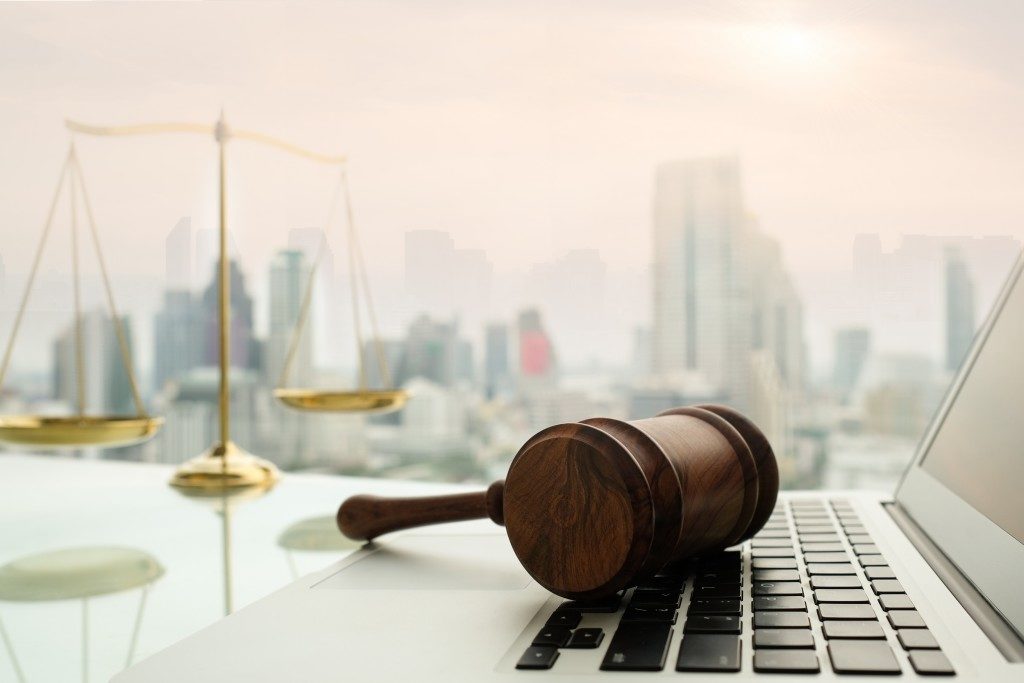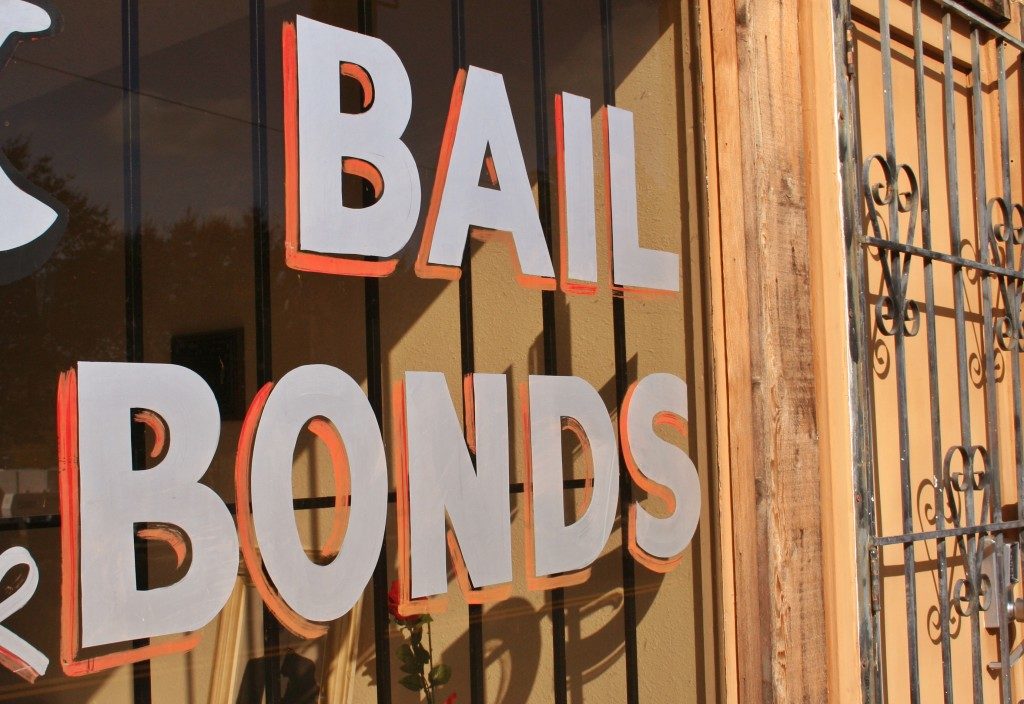Many Americans don’t know much about the constitution, laws, and even the criminal justice system in the country. In a survey by the Annenberg Public Policy Center, over 25% of the surveyed participants could not name the three branches of government. More than 35% could not enumerate the constitutional rights under the First Amendment.
This lack of knowledge can be a disadvantage when one finds themselves on the other side of the law. How can they or their loved ones better protect themselves from prosecution? Below are some of the essential points to remember about one of the vital parts of civil society: the criminal justice system in the United States.
There Are Many Participants to It
A criminal court is always busy and even crowded since it involves many people. In New York, it includes a criminal lawyer in Long Island, whose role is to defend the suspect or accused. There’s also the prosecution, who represents the plaintiff.
The United States court also features a judge, which provides the sentence, and the jury, which is a group of civilians who will hear the case and decide whether the accused is guilty or not. In New York, a criminal case will usually involve 12 jurors and six alternates. If the person faces a lesser crime, the number of active jurors may be cut in half with four substitutes.
There are alternate jurors in cases when one or some of the original jurors become ill or have to stop their duty for other reasons. They can still sit throughout the proceedings, but they don’t participate in the deliberations unless they have to replace an original juror.
The Criminal Justice System Has Three Institutions
The judicial government is an independent body from the executive and the legislative, but under it are also three institutions that comprise the entire justice system:
- Law enforcement
- Court
- Corrections
All these have corresponding rights and limitations. For example, law enforcement has the right to investigate an individual, but they may not be able to arrest a person or even search a property without a warrant. They also need to recite the Miranda rights to the accused upon arrest. This advisement states that the suspect can choose to remain silent to avoid self-incrimination.

Under courts, the accused may face a jury or bench trial, wherein the court doesn’t have jurors. Only the judge hears the case. The rules can vary between states. In New York, misdemeanors usually don’t need a jury.
Corrections occur when the jury and/or judge finds the defendant guilty. The punishment can also vary. These may include a probation or prison sentence. In probation, the person remains free, but they need to follow specific rules or complete their punishment with or without the supervision of an officer.
More severe crimes may already involve jail or prison sentence, and the accused may end up spending months to years behind bars.
When it comes to trials, the accused deserves not only a due process but also a fair and fast proceeding. For this reason, a typical court case may last for five days. If the crime is complicated, though, it may reach weeks or even months.
As they say, ignorance of the law excuses no one. By knowing the basics, they can better protect themselves and learn the steps to maximize their rights.



